8 Tips to Stay Cybersafe during the Holidays
Keep the holidays bright by following these best practices to protect your data.
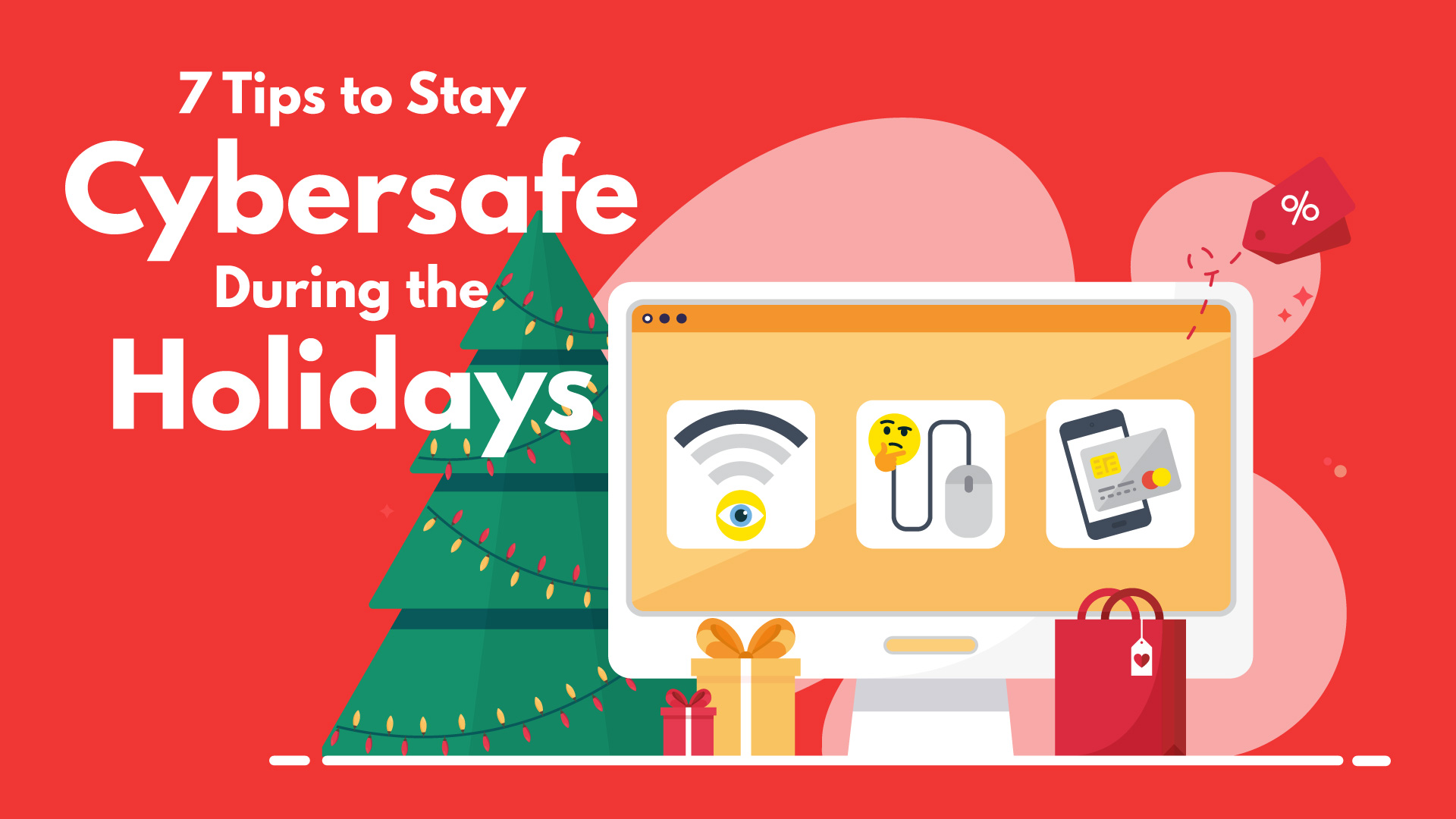
Keep the holidays bright by following these best practices to protect your data.
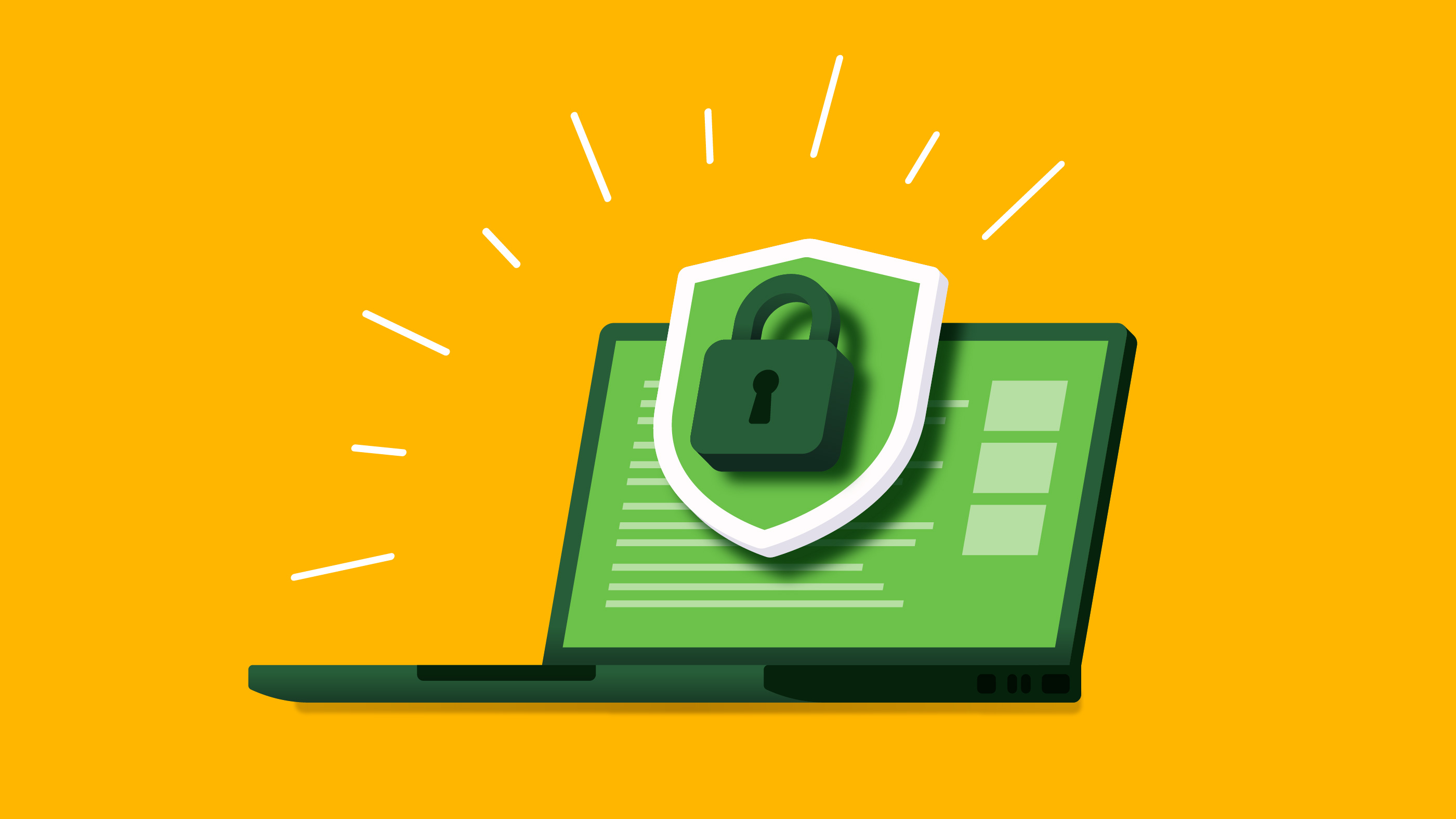
The first step in protecting ourselves is being aware and understanding the inherent risks in using social media platforms.
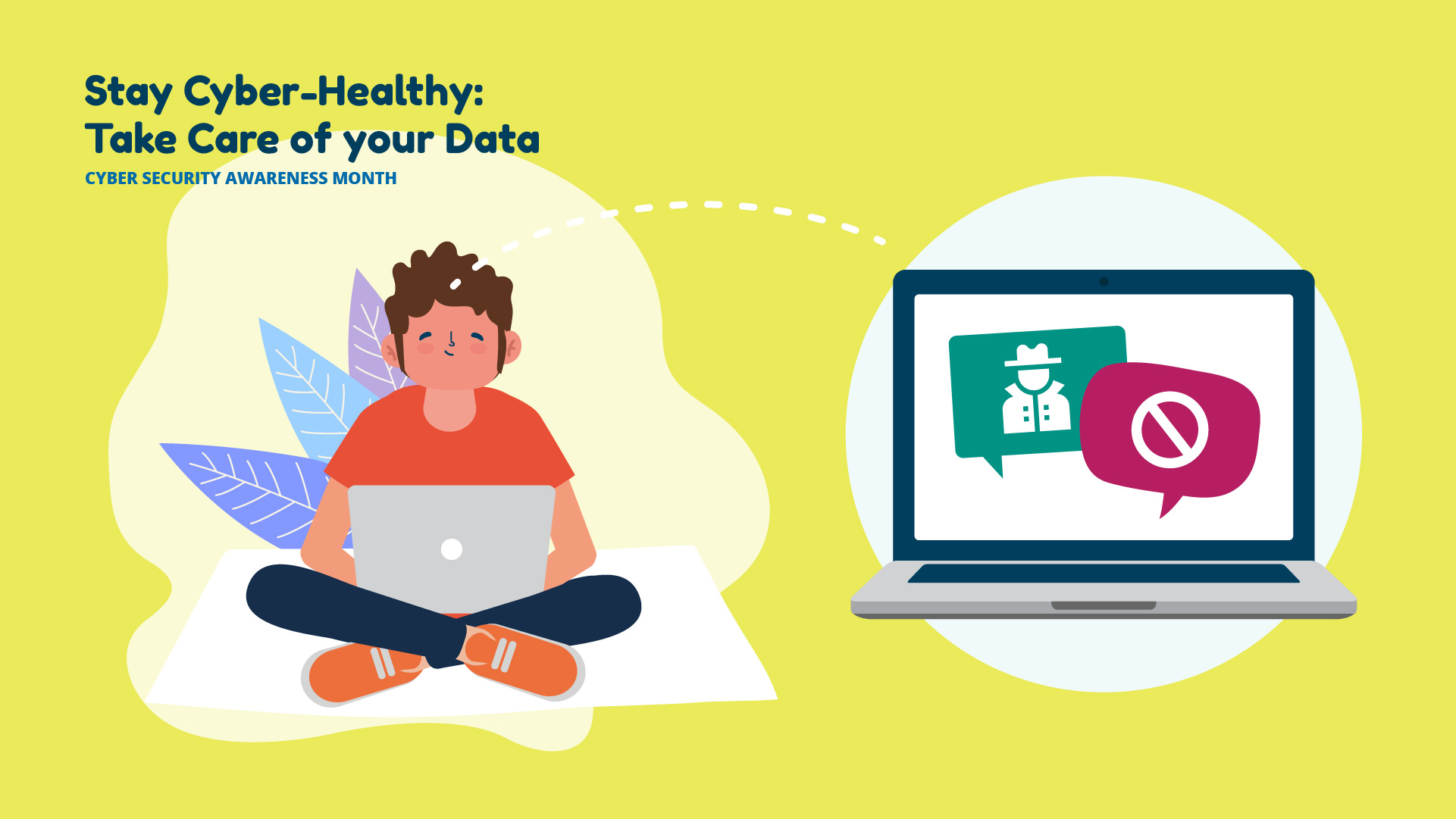
Social engineering… it’s not a new method of study, and it’s not the latest social media network.
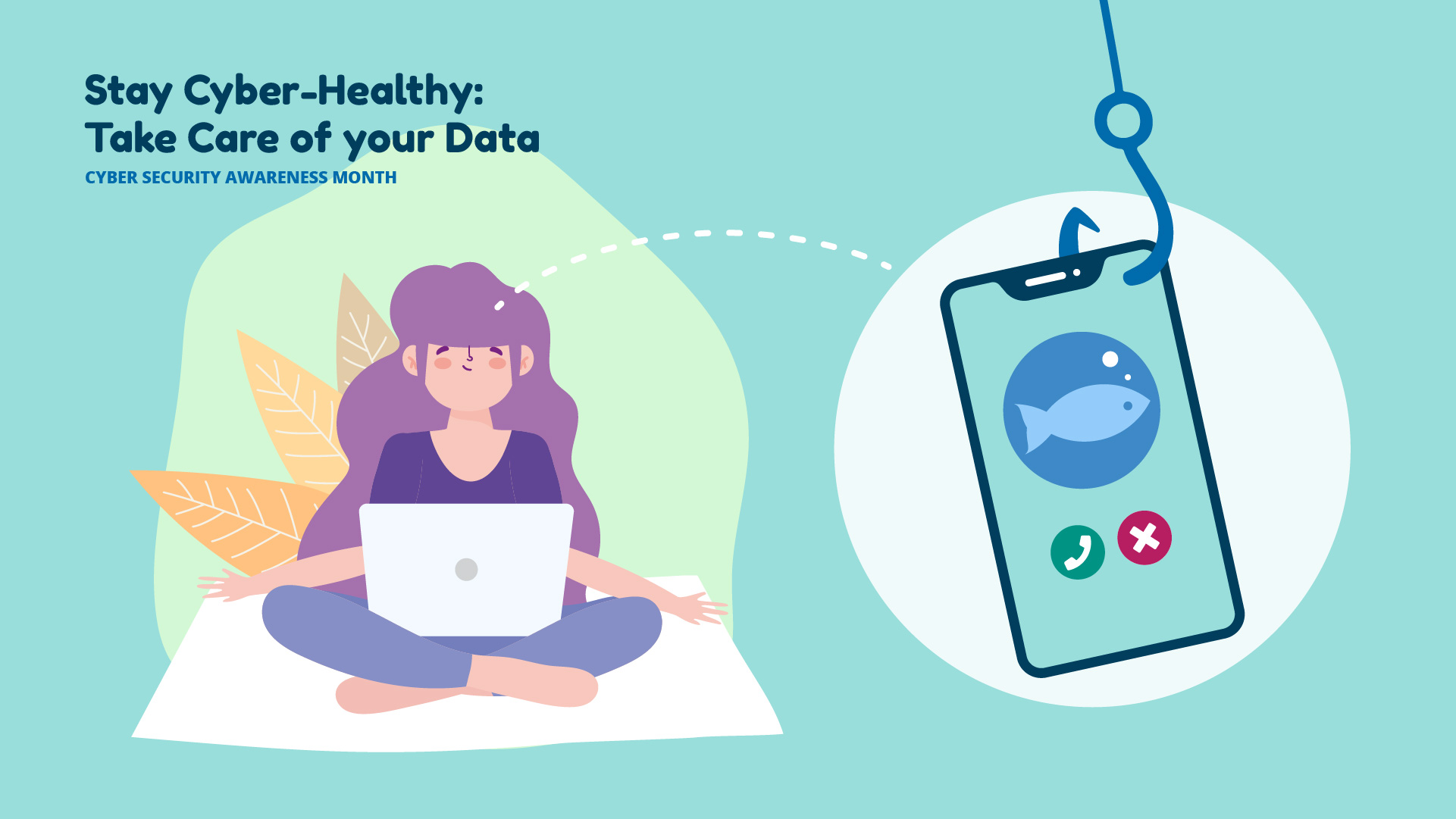
You may be familiar with phishing, but have you heard of smishing and vishing?

Phishers are good at what they do. You might know the warning signs of a phishing email, but if the bait looks legitimate, you can still get hooked.
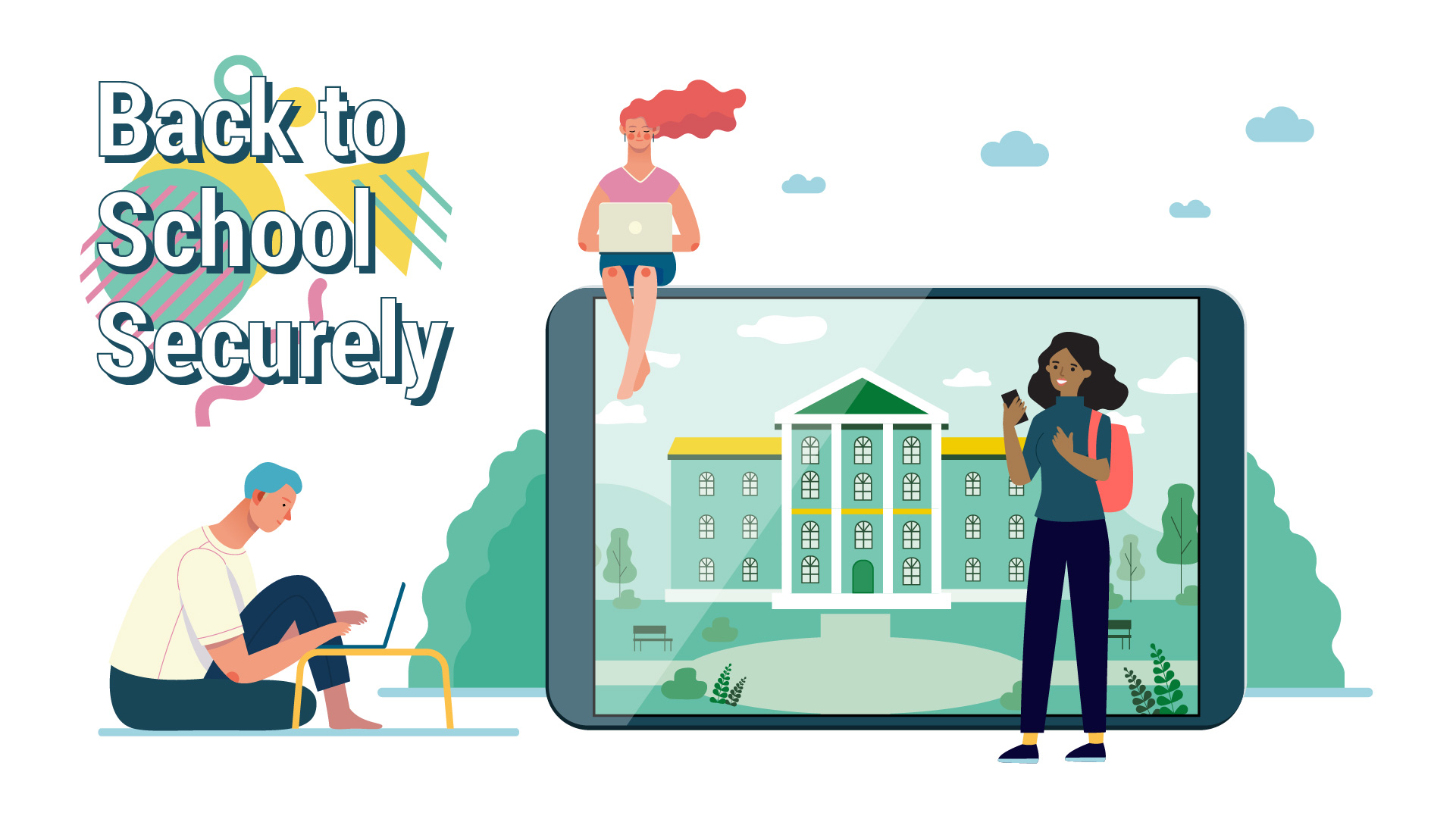
Safety of your data and information is critical. Whether you’re attending class, working from home, teaching a class or conducting research, keep your information safe by securing your workspace with these tips.

Whether you’re planning your summer holiday or travelling for work, it’s important to be aware of cybersecurity threats that can target your devices while on the go and abroad. From backing up your devices before you go, to avoiding public Wi-Fi and disabling automatic logins, there are a host of guidelines and tips you can follow so that you can travel with ease. We’ve assembled a few of the top ones for you.
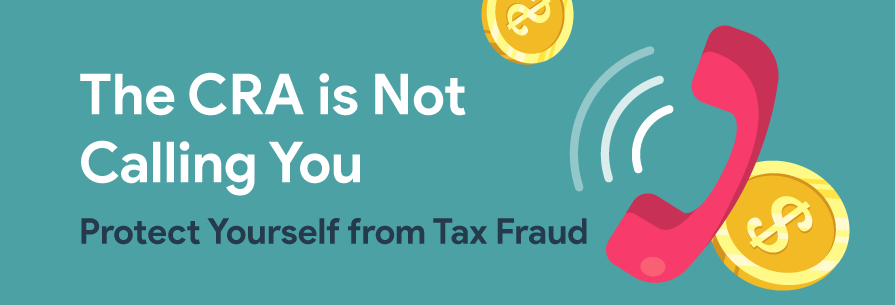
The CRA will never phone or email you asking for personal information or monetary payment. Stay safe this tax season by following these tips.
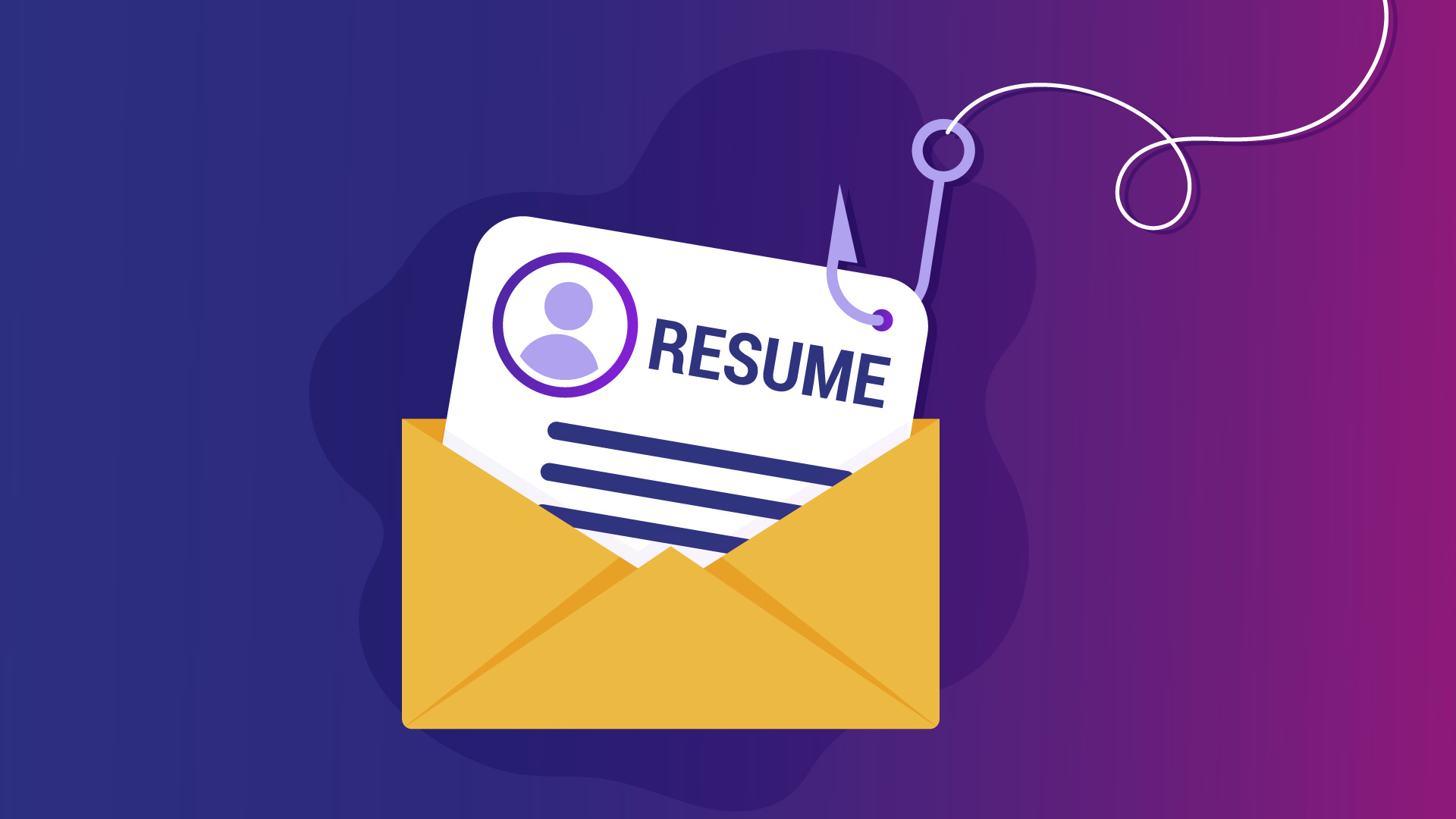
Cybercriminals have attempted to target staff, students and alumni with fake employment opportunities.
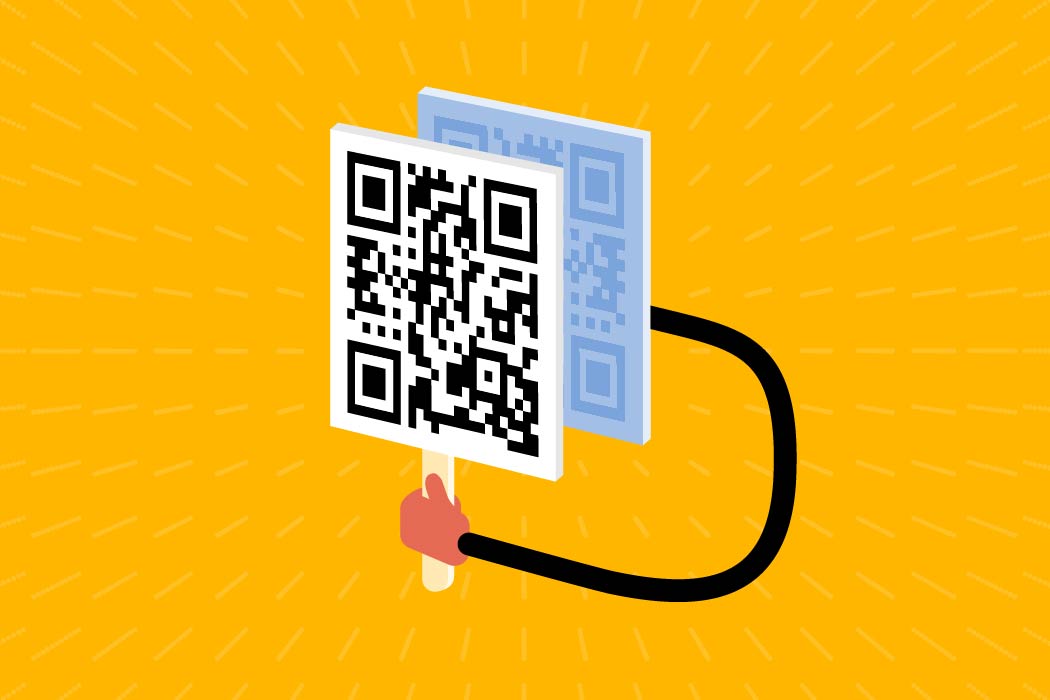
We’ve all come to accept and trust QR codes, but how safe are they? Here’s what you need to be aware of.

As a member of the University community, you are entrusted to manage University information responsibility and in accordance with the University's Information Management and Information Technology Policies.

Did you receive an unsolicited email about a part-time employment opportunity or work-study position? Think before you click - it may be a scam.

Technology has changed, and cybercriminals are cracking accounts faster than ever before.
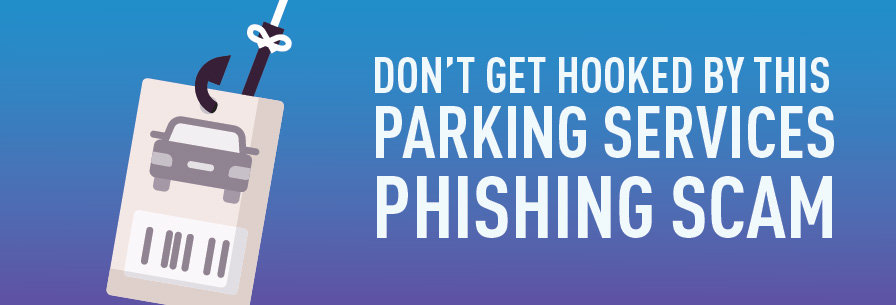
Did you get an email saying you have a parking citation? It may be a scam.
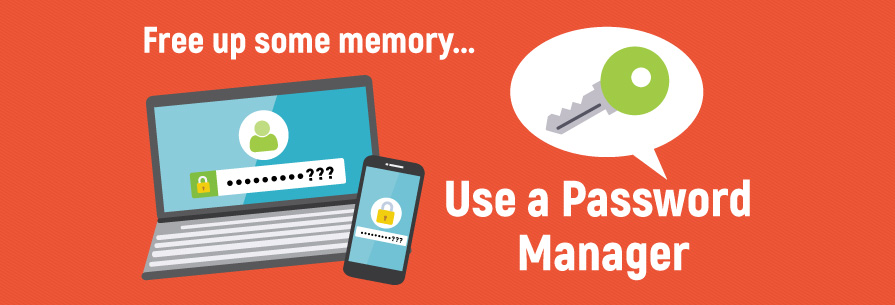
Simplify your life and stay cybersafe at the same time by using a password manager.

Did you get an email from someone trying to blackmail you? Chances are it's a phishing scam.

A vulnerability in macOSX High Sierra 10.13.1 was recently discovered, but you can mitigate the risk with Apple's latest security update.
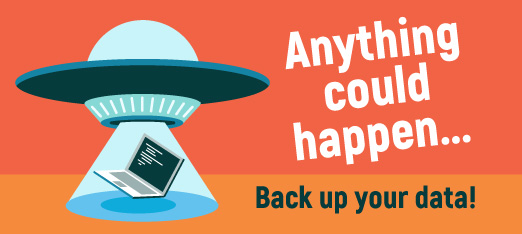
Computer theft, damage, and ransomware could all destroy your digital life. Creating a backup ensures you can restore it at the click of a button.
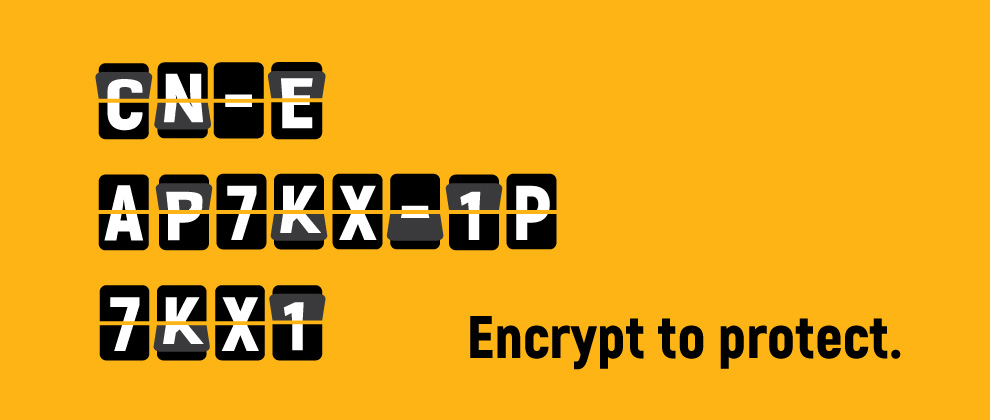
In the time it takes you to read this article, two laptops will have been stolen. One of them could be yours.
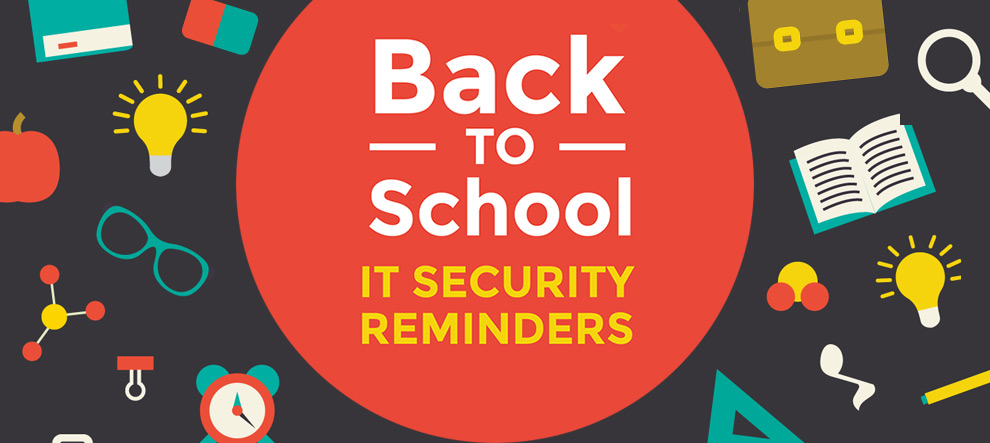
Over the summer there has been a higher than usual rate of University CCID accounts victimized by email "phishing" attacks. Here's a couple key things to remember to avoid being a victim.